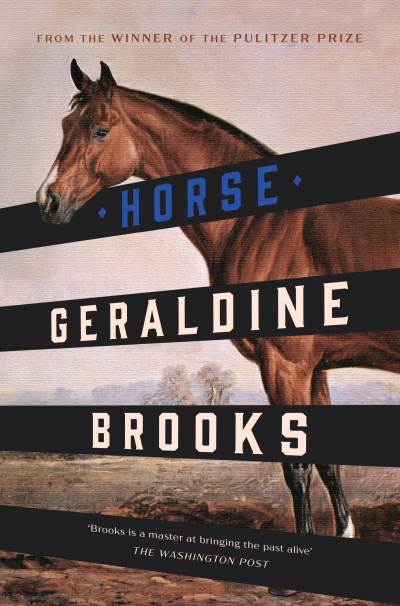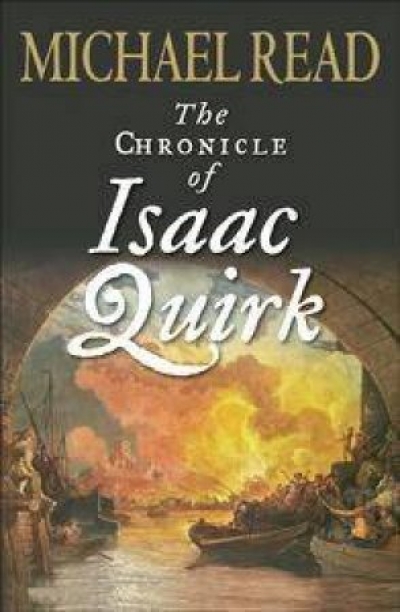Geraldine Brooks
Early success is no guarantee of a book’s continued availability or circulation. Some major and/or once-fashionable authors recede from public consciousness, and in some cases go out of print. We invited some writers and critics to identity novelists who they feel should be better known.
During the day. I love reverie. It’s underrated. As T.E. Lawrence put it: ‘The dreamers of the day are dangerous men, for they may act their dream, to make it possible. This I did.’
... (read more)






